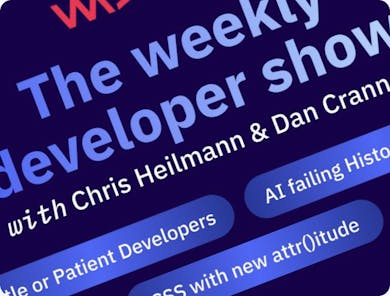György László Kiss & Olivér Pintér
Blockchain’s effects on gaming economics and concepts.
#1about 2 minutes
The historical concept of tokenization in gaming
Tokenization has been a core concept in gaming for 40 years, evolving from in-game currencies to digital representations of collectibles.
#2about 3 minutes
Explaining blockchain token standards for game assets
An overview of how ERC-20, NFT (ERC-721), and the multi-token ERC-1155 standards are used to represent fungible and non-fungible assets in games.
#3about 2 minutes
How a gaming multiverse enables cross-game assets
A gaming multiverse allows players to use their assets, such as characters and items, across multiple different games and virtual worlds.
#4about 2 minutes
Exploring Enjin's decentralized multiverse and asset melting
Enjin provides a decentralized multiverse where players truly own their assets and can "melt" them back into Enjin Coin for real-world value.
#5about 2 minutes
Contrasting with Core's centralized multiverse model
Core offers a centralized multiverse where a single company owns the platform, but users can create and share games and assets within that ecosystem.
#6about 3 minutes
The fundamentals of player-driven virtual economies
Virtual economies are driven by player engagement and can lead to the creation of secondary markets for trading assets outside of official channels.
#7about 2 minutes
How Diablo III's auction house broke the game
The introduction of a real-money auction house in Diablo III undermined the core gameplay loop, leading to its eventual shutdown by Blizzard.
#8about 2 minutes
Analyzing EVE Online's player-controlled market
EVE Online features a complex, player-driven economy with a dual-currency system that is heavily influenced by the developer's monetization strategy.
#9about 5 minutes
Introducing Axie Infinity and the play-to-earn model
Axie Infinity exemplifies the "play-to-earn" model, where players own their assets on the blockchain and can monetize their time spent in the game.
#10about 1 minute
Key differences between traditional and blockchain economies
Blockchain gaming shifts asset ownership from the company to the player, creating new opportunities for investment and monetizing time.
#11about 3 minutes
The future vision for blockchain gaming economics
The future of gaming may involve interconnected universes where players own their assets, shifting monetization from microtransactions to high-value player-to-player trades.
#12about 12 minutes
Addressing the current challenges in blockchain gaming
Blockchain games are still in their early days, facing challenges with small player bases and a development focus on economic logic over gameplay and graphics.
Related jobs
Jobs that call for the skills explored in this talk.
Featured Partners
Related Videos
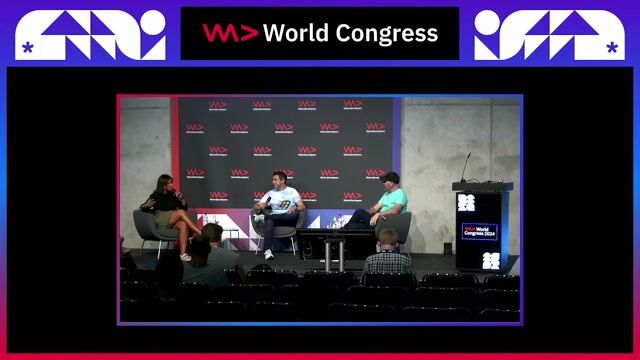 31:07
31:07Blockchain Beyond Crypto: Technology Unlocking Opportunities across Various Industries
John Woods, Arthur Breitman, Vicktoria Klich
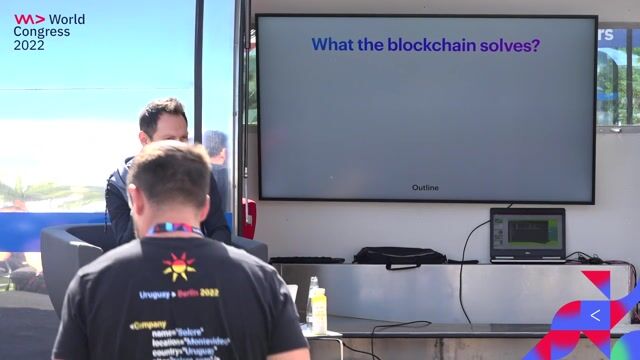 32:15
32:15Get Started With Blockchain For Your Business
Michael Ionita
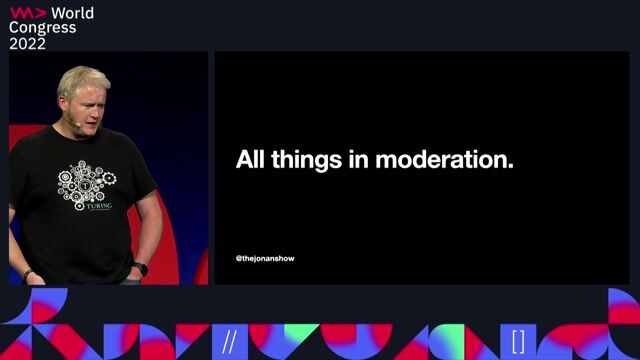 28:57
28:57Blockchains are Dumb
Jonan Scheffler
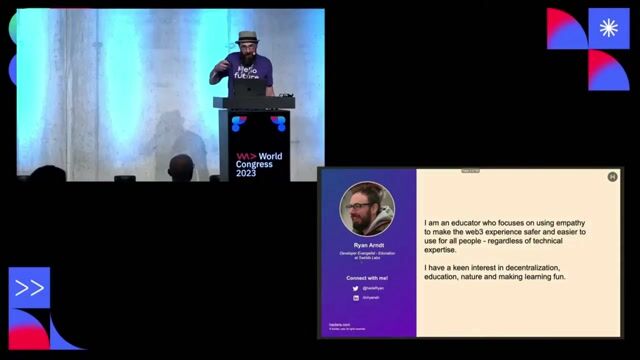 30:11
30:11A Primer on Blockchain and Hedera: An Intro Through Terms
Ryan Arndt
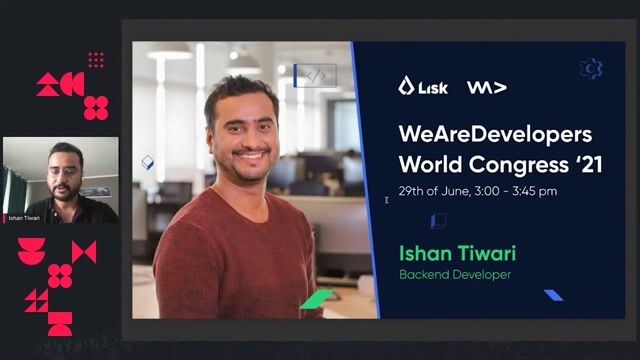 42:35
42:35P2P networks in Blockchain
Ishan Tiwari
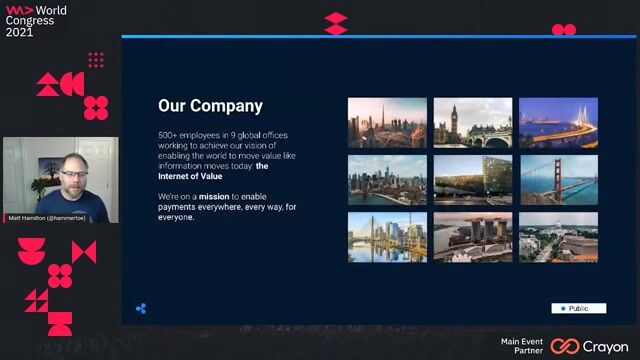 42:05
42:05The Developer Handbook: How to Build on the Blockchain
Matt Hamilton
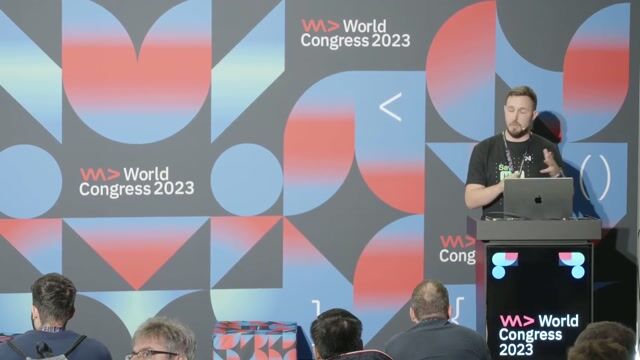 24:23
24:23Exploring BOS: The Blockchain Operating System by NEAR Protocol
Andrej Šarić
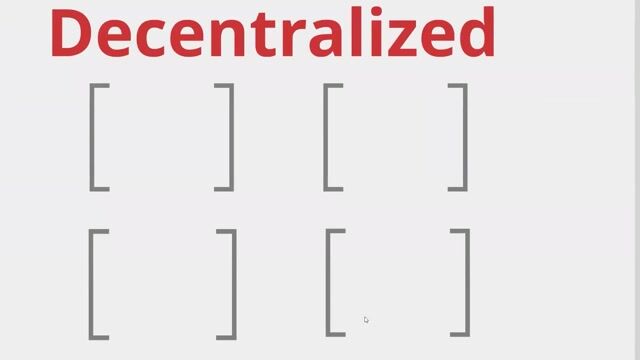 34:28
34:28Why Bitcoin Matters: Freedom, Progress and Fairness.
Jimmy Song
From learning to earning
Jobs that call for the skills explored in this talk.
Full Stack Developer - Blockchain & IoT Projects
SGF Global
Municipality of Santiago de Compostela, Spain
Remote
€30K
Junior
Solidity
Blockchain
Computer Vision
Blockchain Software Engineer
i2CAT Foundation
Barcelona, Spain
Remote
Intermediate
Java
Linux
Kafka
Python
+6


